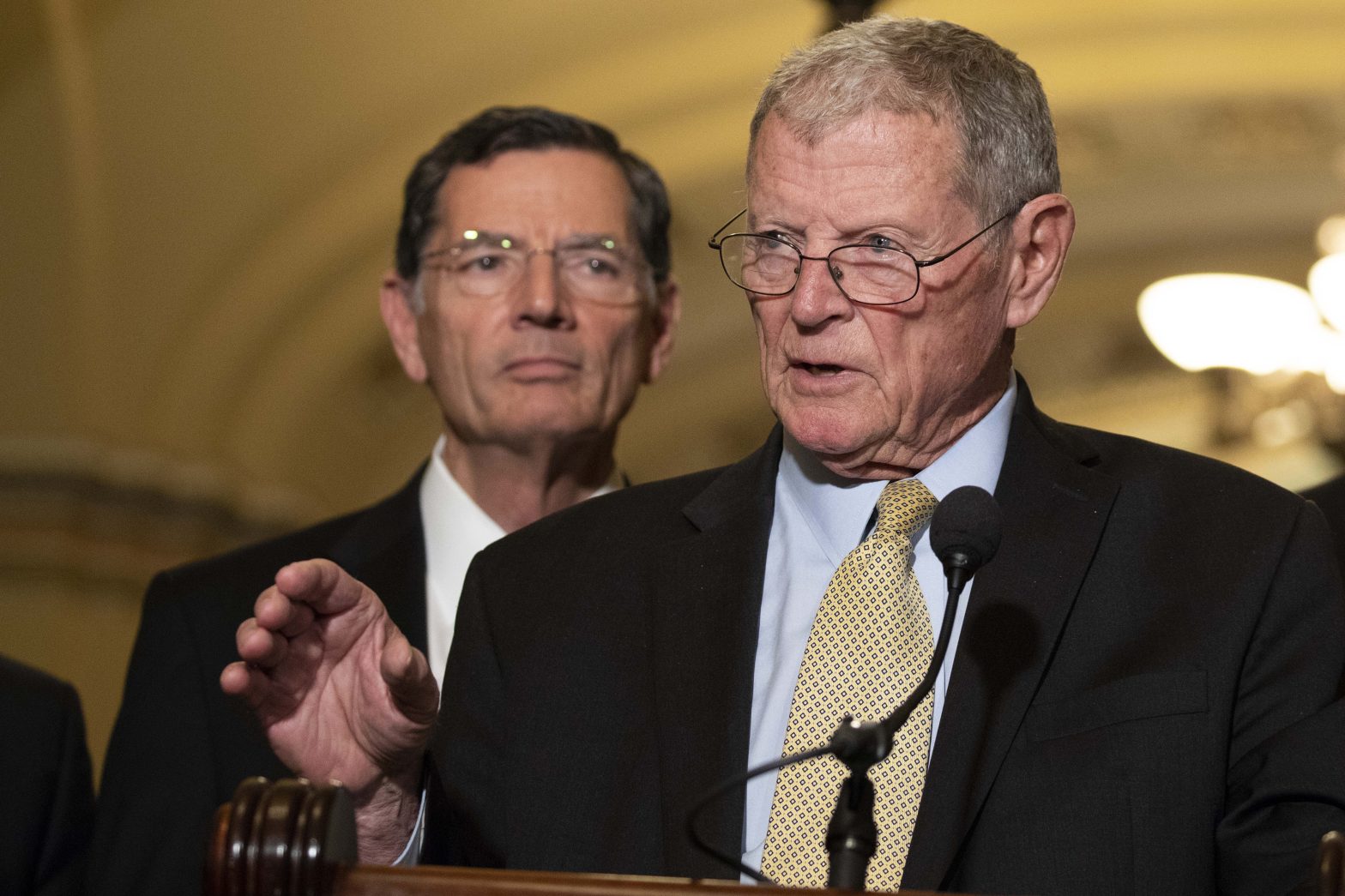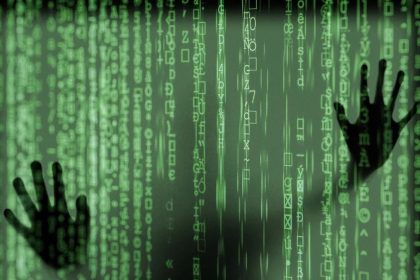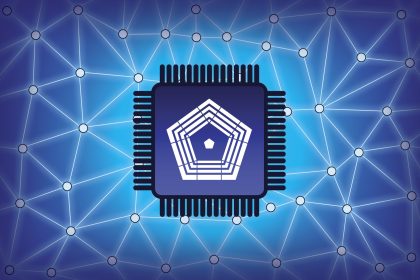US Military Warns Senate About Foreign Cyber Threats

WASHINGTON — Senators at a congressional hearing Thursday thanked the Defense Department’s cyber security force for protecting the 2018 midterm elections but warned that foreign hacking threats are likely to only get worse.
Americans sometimes unrealistically convince themselves they have the world’s best defenses against cyber-attacks, said Sen. James Inhofe, chairman of the Senate Armed Services Committee.
The truth is that terrorist groups and foreign governments that threaten U.S. cyber security “remain resilient,” said Inhofe, an Oklahoma Republican. “They are advancing,” he said.
Congress has increased the budget and authorities of Defense Department cyber security since intelligence agencies reported the Russian government tried to break into computer systems that tallied votes for the 2016 presidential election.
This year, the U.S. Cyber Command is operating with a $610 million budget and a full-time staff of 1,520 military personnel and civilians. In addition, the National Security Agency’s cyber security program and the U.S. Cyber Command started operating last year with a single director to increase the capabilities of both of them.
Part of the reason for the Armed Services Committee hearing this week was for the Senate to consider how much money should be dedicated to cyber security in its next annual National Defense Authorization Act.
Paul M. Nakasone, commander of the U.S. Cyber Command, said in his Senate testimony, “We are seeing what we term corrosive threats, in which malicious cyber actors weaponize personal information, steal intellectual property and mount influence campaigns. Such measures have had and will have strategic effects on our nation and allies.”
Despite warnings for the future, both Republican and Democratic members of the Senate committee said the U.S. Cyber Command already demonstrated its effectiveness during last year’s midterm elections.
The Justice and Homeland Security departments reported last week that no foreign government had “a material impact” on the midterm elections.
A key component of protecting the election was what the U.S. Cyber Command called its counter-Russia campaign.
Its “Russia Small Group” followed a “persistent engagement” strategy of confronting Russians with cyber threats that forced them to divert resources to protect their own computer systems. The group also sent signals to Russian hackers that notified them Americans knew how to tap into their command systems if they want.
Members of the Senate committee said they could not publicly reveal details of the U.S. Cyber Command’s operations but acknowledged being impressed by them.
“The enemies know what they’re doing,” said Sen. Richard Blumenthal, a Connecticut Democrat. “We know what they’re doing. . . . They know we know what they’re doing. The only ones who are in the dark, really, are the American people.”
The Defense Department described threats facing the United States in its 2017 “Cyber Strategy” report that has become the cornerstone of U.S. cyber security.
“We are engaged in a long-term strategic competition with China and Russia,” the report says. Both countries “have expanded that competition to include persistent campaigns in and through cyberspace that pose long term strategic risk to the nation as well as to our allies and partners.”
China is catching up quickly with the U.S. military’s capabilities, which includes threats to the nation’s economic vitality by “exfiltrating sensitive information from U.S. public and private sector institutions,” the report says.
Russians have tried to influence both U.S. public opinion and elections, according to military witnesses at the Senate hearing. Other countries, such as North Korea and Iran, also have launched cyber-attacks against U.S. interests.
Despite any previous successes, “We should not take this as a sign that we should let our guard down,” said Sen. Jack Reed, a Rhode Island Democrat.























